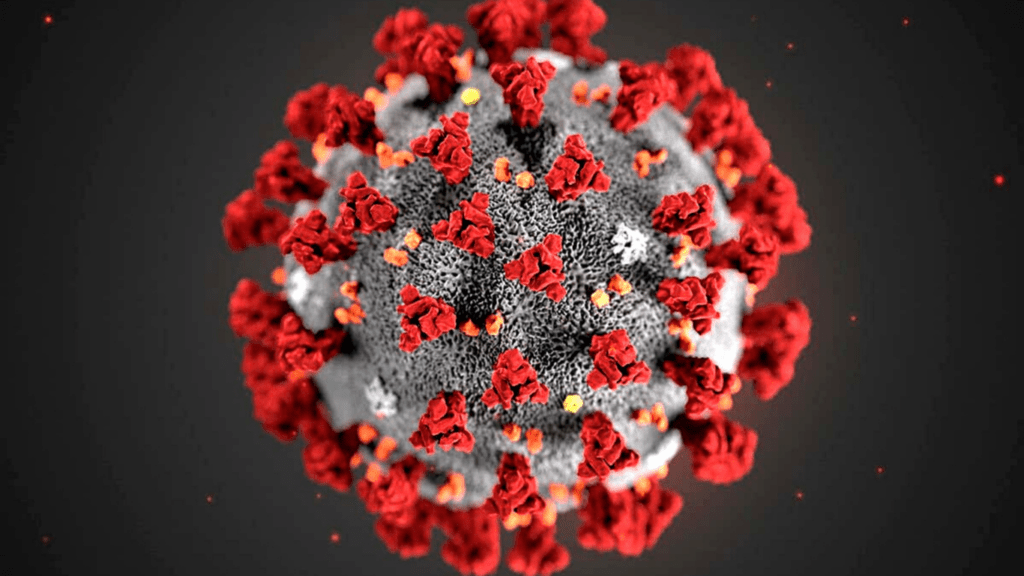Navigating the complexities of long COVID extends beyond physical symptoms; the mental health implications are equally significant. As someone who has delved into the multifaceted impacts of this condition, I understand the importance of shedding light on the emotional and psychological challenges that accompany it. Long COVID not only tests the resilience of the body but also places a heavy burden on one’s mental well-being.
In this article, I’ll explore the intricate relationship between long COVID and mental health, offering insights into the psychological toll it can take. From the lingering anxiety of uncertain recovery timelines to the isolation brought on by persistent symptoms, the mental health effects of long COVID are profound. By understanding these implications, we can better support individuals grappling with this long-lasting condition.
Overview of Long COVID and Its Impact on Mental Health
Exploring the nuances of long COVID reveals a challenging landscape where the implications extend beyond physical symptoms to profoundly affect mental health. Individuals grappling with long COVID encounter emotional and psychological hurdles that stem from the uncertainty surrounding their recovery timelines and the persistent isolation caused by ongoing symptoms. Understanding the intricate relationship between long COVID and mental health sheds light on the profound toll it can take, emphasizing the crucial need to provide comprehensive support for those navigating this enduring condition.
Psychological Challenges Faced by Long COVID Patients
Experiencing depression and anxiety symptoms is common among individuals with long COVID. The uncertainty surrounding recovery timelines and the persistent nature of the symptoms can contribute to heightened levels of anxiety and feelings of despair. Many long COVID patients struggle with managing these mental health challenges on top of their physical symptoms, highlighting the need for comprehensive support systems.
PTSD and trauma may also manifest among long COVID survivors. The prolonged battle with the illness, coupled with the disruption it causes to daily life and activities, can lead to psychological distress resembling symptoms of post-traumatic stress disorder. Survivors may grapple with the trauma of their illness experience, requiring specialized mental health interventions to address these complex emotional issues effectively.
Social Isolation and Stigma Related to Long COVID
Exploring the social implications of Long COVID reveals a profound impact on individuals’ mental health. Social isolation, a common experience for many Long COVID patients, can exacerbate feelings of depression and anxiety. The enduring nature of the illness often leads to a sense of detachment from social circles, increasing the risk of loneliness and further impacting one’s emotional well-being.
In addition to social isolation, individuals with Long COVID frequently encounter stigma associated with their condition. Misconceptions about the illness may lead to discrimination or alienation from peers, adding another layer of emotional distress to their already challenging situation. The stigma surrounding Long COVID can contribute to feelings of shame or inadequacy, hindering individuals from seeking the support they need to cope effectively with both the physical and psychological aspects of the condition.
Addressing social isolation and combatting the stigma linked to Long COVID are crucial steps in supporting the mental health of those affected. Building awareness, fostering inclusive environments, and promoting understanding can help create a supportive community for individuals navigating the complexities of Long COVID. By reducing social barriers and promoting empathy, we can significantly impact the well-being of Long COVID patients and enhance their mental health outcomes.
Coping Strategies for Improved Mental Health
As I navigate the realm of long COVID and its impact on mental health, it becomes crucial to explore effective coping strategies that can enhance emotional well-being during this challenging journey. Acknowledging the psychological hurdles associated with long COVID, implementing tailored coping mechanisms is essential for maintaining resilience and fostering a positive mindset.
- In my experience, practicing mindfulness and grounding techniques has proven invaluable in managing the overwhelming feelings that may arise. Engaging in activities such as deep breathing exercises, meditation, or yoga can help center the mind and alleviate stress, contributing to a calmer mental state amidst uncertainty.
- Moreover, establishing a routine that balances rest and activity can provide a sense of structure and stability, combating the unpredictability of long COVID symptoms. By prioritizing self-care practices, including adequate sleep, nutritious meals, and gentle exercise, I’ve found myself better equipped to cope with the daily challenges posed by the condition.
Seeking support from loved ones, online communities, or mental health professionals can offer a sense of connection and understanding, diminishing the sense of isolation that often accompanies long COVID. Sharing experiences, emotions, and concerns with others who may be facing similar struggles can foster a supportive environment conducive to emotional healing and growth.
Additionally, setting realistic goals and focusing on small achievements can boost self-esteem and motivation, promoting a sense of progress and accomplishment in the face of setbacks. Celebrating even the smallest victories can cultivate a positive outlook and reaffirm inner strength amidst the complexities of managing long COVID and its mental health implications.
Embracing gratitude practices, such as journaling about moments of joy or expressing appreciation for support received, can cultivate a sense of positivity and resilience. By consciously shifting focus towards gratitude and optimism, I’ve been able to reframe challenges as opportunities for growth and learning, fostering a sense of hope and empowerment in the face of adversity.
Overall, by integrating these coping strategies into my daily routine and remaining attuned to my mental health needs, I’ve been able to navigate the impact of long COVID on my well-being with greater resilience and self-compassion. It is my hope that these strategies may serve as a guiding light for others embarking on a similar journey towards improved mental health amidst the complexities of long COVID.


